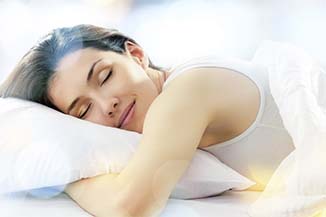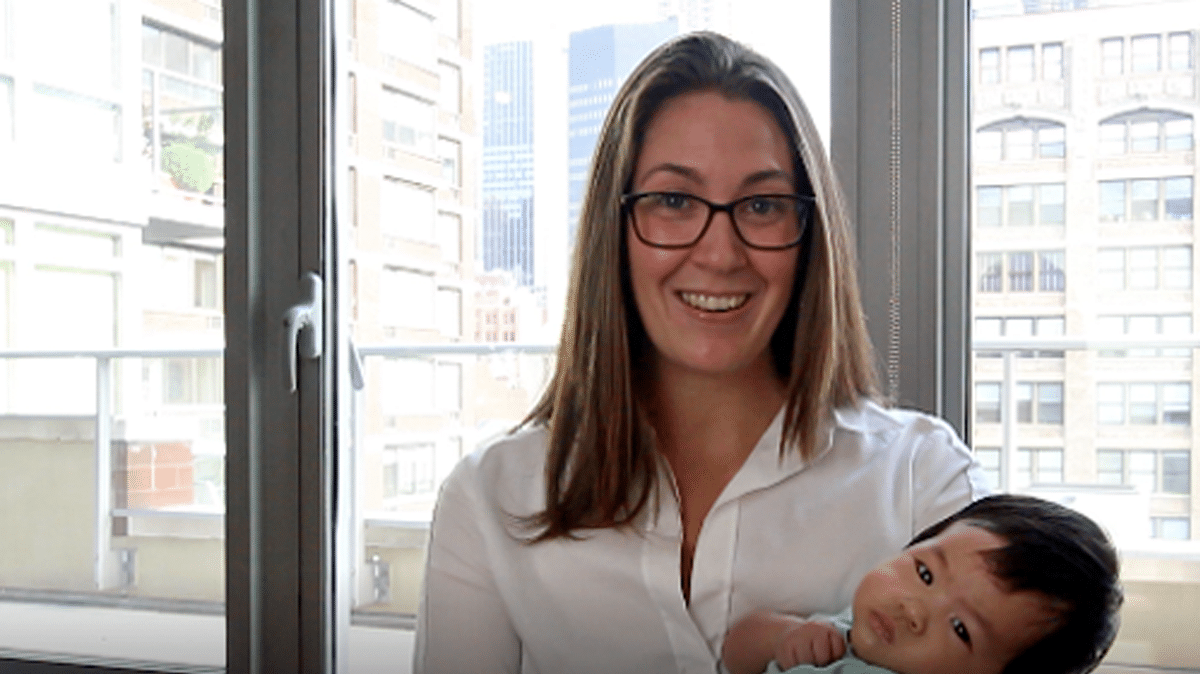
Change Your Routine in 2016!
In mid-December 2015, Ariana Huffington announced that she would include a new section to her popular online publication, The Huffington Post. After years of struggling with sleep deprivation, and learning the value of a good night’s sleep, as well as promoting countless research and studies that underscore our sleep deficit as a nation, she decided to emphasize the critical importance of sleep in our lives by dedicating a column specifically to sleep wellness.
“Americans spend one third of their lives in bed, but as a nation, we still aren’t getting enough sleep. As a result of chronic under-rest, our wellbeing is eroding” “…Sleep + Wellness, (is) an editorial section dedicated to empowering readers to live their best, healthiest lives by gaining a better understanding of sleep as a crucial pillar of our well-being.”
We know this to be true. In this series “Being Intentional About Your Sleep Health,” our goal is to inform, educate and empower you to chart your personal sleep schedule and success, beginning this year.
Part 1 explores the neurological and physiological effects sleep and sleep deprivation have on everyday function and provides you with a few items to place on your checklist, if you are focused on improving your sleep health.
The Science of Sleep
Let’s briefly review what happens when we sleep and why our bodies need sleep.
While asleep, our bodies are preparing us for the tasks we need to accomplish throughout the day. We refuel our brain receptors and give our bodily functions the chance to recharge and rejuvenate.
In fact, your brain is actually working while you sleep. It is collecting and consolidating memories, removing toxins and is remembering how to complete physical tasks.
“..Overnight, bits and pieces of information are transferred from more tentative, short-term memory to stronger, long-term memory—a process called “consolidation.” Researchers have also shown that after people sleep, they tend to retain information and perform better on memory tasks. Our bodies all require long periods of sleep in order to restore and rejuvenate, to grow muscle, repair tissue, and synthesize hormones.” (National Sleep Foundation).
A good night’s sleep is crucial to quality of life during the day. So what happens when you miss out on even one night of quality sleep?
Things go a little haywire…
For one, you can experience sudden shutdowns, loss of concentration and focus. Next, a sudden surge in Dopemine (the pleasure neurotransmitter), a boost of energy and feeling of euphoria is common, but it never lasts and the inevitable let down off that high is brutal.
(The Guardian.com) “Not only are these feelings brief, but the dopamine surge also encourages addiction and impulsive behavior. The regions of the brain responsible for planning and evaluating decisions simply shut down once deprived of sleep, meaning that you’re inclined to be overly optimistic and happy to take risks.”
Sleep deprivation also affects those around you. Studies showed that drowsy driving was responsible for 30% of car accident fatalities in 2014 (that’s one in five car fatalities). Getting behind the wheel without sleep is deadly. Statistics also show that the mental impairment of a sleep deprived person, after one night of no sleep is the equivalent of a blood alcohol level of .05% (the limit with real alcohol in most states is a .08). And on a somewhat less serious note, it can cause you to become irritable, agitated and even paranoid – such a peach to be around.
Ok, so we’re not pulling all-nighters every night – but what if we’re just not sleeping all night long or getting a “luxurious” 10 hours of rest. What is the standard for sleep each night?
How Much Sleep Do We Really Need?
“Healthy sleep is critical for everyone, since we all need to retain information and learn skills to thrive in life. But this is likely part of the reason children—who acquire language, social, and motor skills at a breathtaking pace throughout their development—need more sleep than adults. While adults need 7-9 hours of sleep per night, one-year-olds need roughly 11 to 14 hours, school age children between 9 and 11, and teenagers between 8 and 10. During these critical periods of growth and learning, younger people need a heavy dose of slumber for optimal development and alertness.”
“Unfortunately, a person can’t just accumulate sleep deprivation and then log many hours of sleep to make up for it (although paying back “sleep debt” is always a good idea if you’re sleep deprived). The best sleep habits are consistent, healthy routines that allow all of us, regardless of our age, to meet our sleep needs every night, and keep on top of life’s challenges every day. (National Sleep Foundation).”
Our sleep behavior, however is a reflection of our perspective about sleep in general. Is sleep important enough to us? Based on current research and what many health practitioners are saying, our whole mindset about sleep should change. Sleep is not a luxury item. It is a necessity to healthy living, like good nutrition and exercise.
Being “mindful” (there’s a new buzzword for 2016) of your sleep health, patterns of sleep and even eating healthy during the day so that you sleep well at night are all best practices to getting a great night’s sleep and quality of life overall.
These practices can include:
Consistent Exercise: Great exercise every day helps with the quality of your sleep and great sleep gives you extra energy you need to exercise. Who knew that rest and exercise compliment each other so well? Forget the energy drink, get natural “better-for-you” energy from sleep.
Good nutrition: Balanced, nutritious meals and snacks throughout the day. Let go of gluten if you’re allergic and eat and drink caffeine and foods free of processed sugar (without sugar replacements) *Everyday Health.com
No Caffeine after 2pm: Caffeine is a stimulant. It is “anti-sleep.” We all know this on some level, but we forget that this addictive chemical compound is now prevalent in almost every beverage we consume. We may not be caught with a coffee cup after 5, but many of us are drinking caffeinated beverages well into the evening, then questioning why sleep is out of reach. If you must indulge, do so before 2pm.
Establishing a Sleep Schedule: Getting to bed at the same time of night and waking the same time each day fortifies your circadian rhythm and cues your body when it is time to rest and rise.
If you are repeatedly experiencing difficulty getting to sleep see a sleep specialist. Adaptive Sound Technologies offers the Sound+Sleep, Sleep Therapy System and ‘LectroFan White Noise machines that help you get to sleep and stay asleep. Drug-free, extremely effective solutions (see our 5 star reviews on Amazon.com) that ease your mind and give you peaceful rest.
Stay tuned for Part 2: Intentional Sleep Health and Wellness: Effective Sleeping.
Sources:

Don't just take our word for it.
We don’t take the term “sleep like a baby,” lightly. We know you don’t either. Want advice from a baby whisperer? Our sleep trainers understand.